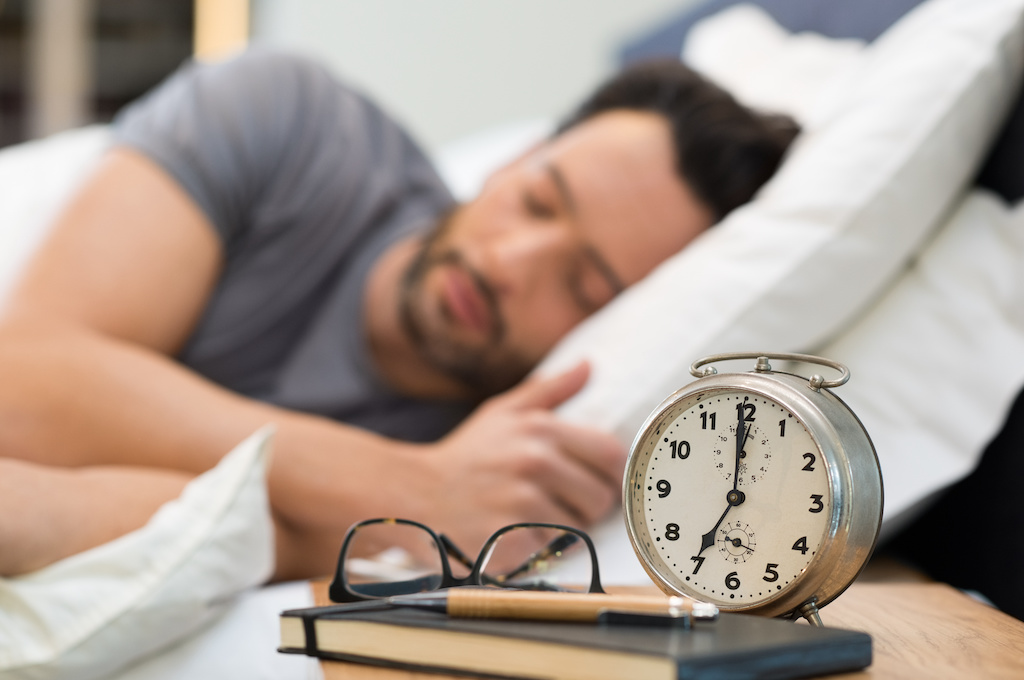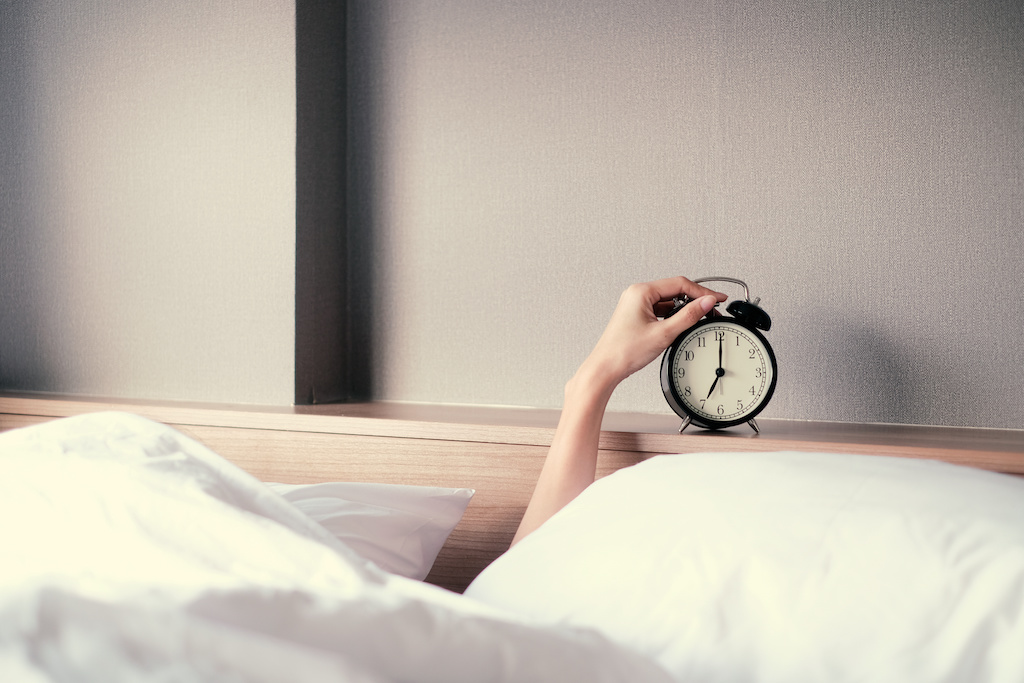Sleep duration can vary from person to person, but the recommended figure of 8 hours of sleep per night persists. What does science have to say about this, and can we really determine the ideal sleep duration? Discover a few ways to find your own rhythm, stay in shape and adjust your biological clock to meet your actual needs.
8 Hours of Sleep Per Night: A Misconception?

A benchmark for the number of hours of sleep most people have in mind, 8 hours per night, is an estimate that does not correspond to the most recent scientific research. Although statistical studies often show the average number of hours of sleep per country, per age group, per professional activity or based on other criteria, it should not be inferred that this is an ideal to be achieved.
Sleep quality also plays an important role: a short night with regular and complete sleep cycles can be more restorative than a long night with several awakenings.
Sleep Duration: What Science Says

Official bodies are more likely to give their recommendations in the form of a range, which better considers the diversity of individual needs. For example, the National Sleep Foundation in the United States has compiled 300 scientific studies to develop estimates of recommended sleep times for good health for different age groups:
- Several intervals for children, ranging from 14-17 hours per night at birth to 9 -11 hours at the end of primary school
- 8-10 hours per night for a teenager
- 7-9 hours per night for an adult
- 7-8 hours per night for a person over 65
This data shows that the amount of sleep needed varies over time. Still, many scientists point out that several factors influence each individual’s sleep requirements, which differ not only from person to person but also from night to night:
- DNA: According to researchers in California, the reason why some people need less sleep to recover may be linked to a mutation in the DEC2 gene.
- Variations in the menstrual cycle for women.
- Seasonal changes: the secretion of melatonin, known as the sleep hormone, is involved in regulating the chronobiological clock. It is inhibited by exposure to the sun, which is why fatigue is often experienced during seasonal changes.
- External factors, such as auditory or visual stimuli, diet or the degree of activity during the day.
- The state of health: when the body is fighting a virus or infection, sleep requirements increase because it is during the night that the immune system is most active. For athletes, this is also when muscle damage is repaired, and the body recovers after the effort.
How to Find Your Ideal Number of Hours of Sleep

To find out how much sleep you need per night without being influenced by social norms or preconceived ideas, you can conduct your own investigation:
- Keep a sleep diary of when you go to bed, when you wake up and how your day went. You can also opt for a sleep tracking application.
- 1 sleep cycle is about 90 minutes: calculate how many cycles you might need (between 6 and 10 hours, for example) to test various durations of bedtime or sleep. You are more likely to wake up well-rested if you don’t interrupt a sleep cycle.
- Listen to the signals your body gives you: as soon as you yawn or feel your eyes close, this is probably the ideal time to go to bed. If you miss this time, you will have to wait for your body’s next fatigue signal. Similarly, if you wake up one morning before the alarm goes off, you’re in for a treat! Don’t delay getting up.
Have you found your ideal number of hours of sleep? Well done! Try to stick to it as often as possible. Try to go to bed and get up at the same time every day to establish good habits and get more restful sleep.
Check out our Health & Fitness page for more advice.
